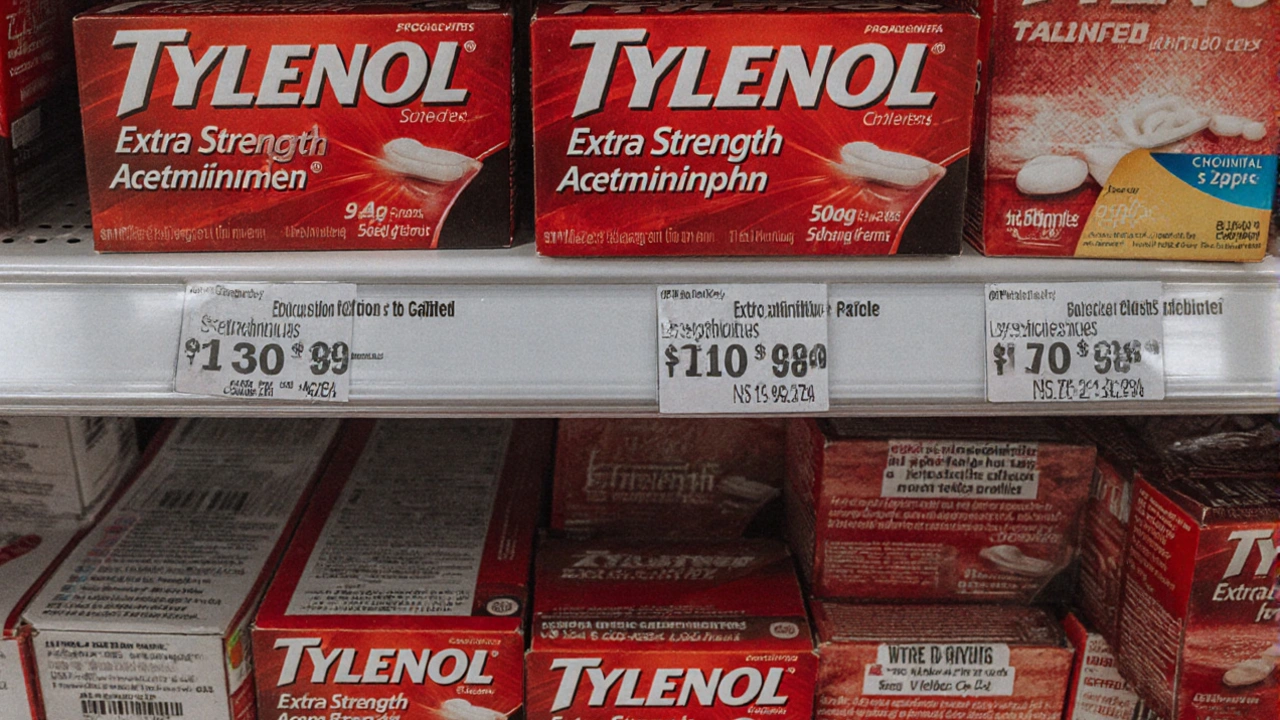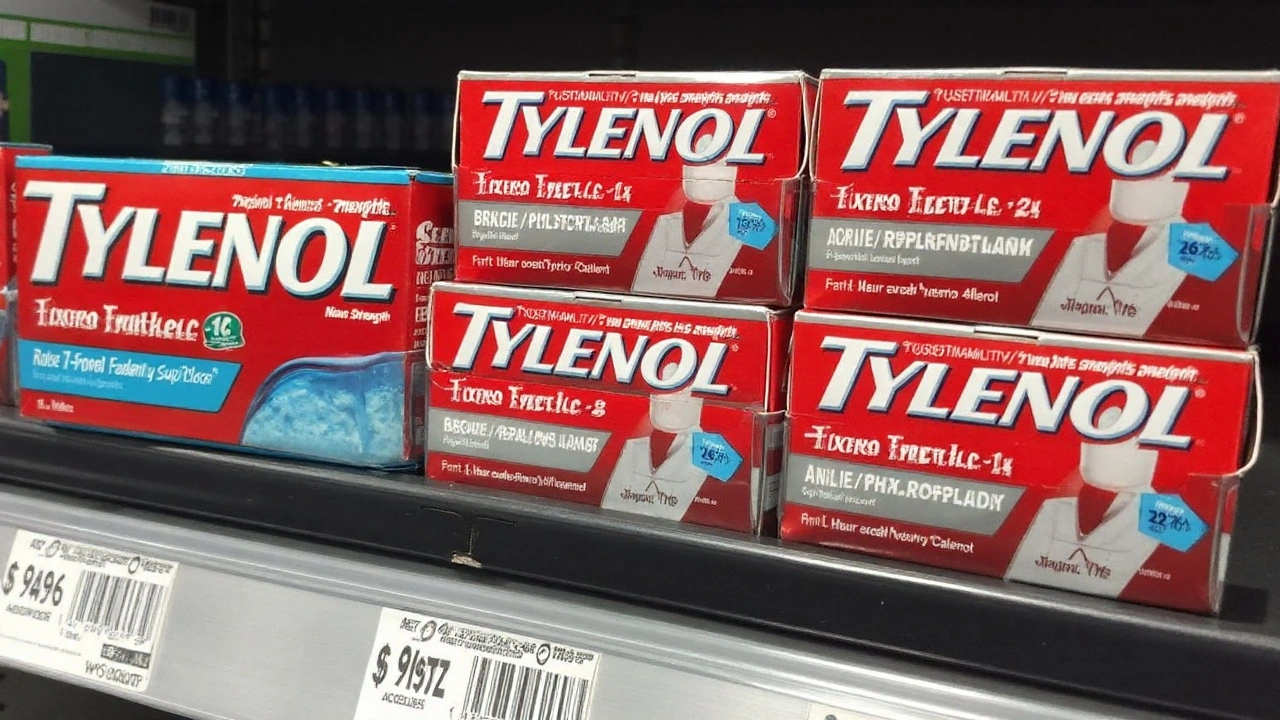Health: What the Miraa and Muguka Debate Means for Communities
A growing voice in Northeastern Kenya is asking for a ban on miraa and muguka, and that matters to anyone worried about community health. Muslim clerics say these substances are linked to rising crime, youth addiction, and health problems. If you live or work in the region, here’s a plain look at what’s happening and what it could mean for public health and local livelihoods.
Miraa (often called khat) is chewed for a stimulant effect. Muguka is a different herbal mix sold in some local markets. Health workers report common issues: trouble sleeping, fast heartbeat, dental decay, and worsening anxiety or mood swings in heavy users. Local clinics also see social harms — fights, thefts tied to substance use, and school attendance dropping among kids whose families are affected.
Why leaders want a ban
Clerics and some community leaders point to a clear link between substance use and local crime patterns. They say trading and daily consumption have become social problems that hurt families and push young people away from work and school. The clerics aren’t just calling for prohibition — they’re offering to work with county governments to find other ways for traders and farmers to earn a living if sales stop.
That pitch is practical. Bans without alternatives can leave farmers and sellers with no income and push trade underground. Health policy must balance preventing harm with protecting jobs. Enforcement will need clear rules, community buy-in, and support services for those who want to stop using these substances.
Practical steps for people and local services
If you’re worried about someone using miraa or muguka, start by talking and connecting them with a clinic or counsellor. Local health centers can screen for heart or mental health effects and point people to support groups. Parents should watch for changes in sleep, school performance, or social circles — those are early warning signs.
County governments should plan job alternatives before any ban takes effect. Think programs that teach new crops, small business skills, or link former sellers with local cooperatives. NGOs and faith groups can run awareness campaigns that explain health risks and offer practical help instead of just punishment.
For readers: share your observations with local leaders and reporters. If a ban is proposed where you live, ask authorities how they’ll support affected families and farmers. Desert Rose Daily will keep tracking this story — from health impacts to policy moves and community solutions.
Miraa and muguka touch on health, crime, and livelihoods all at once. The best outcomes come when health services, community leaders, and governments work together to reduce harm and build alternatives that people can actually use.



